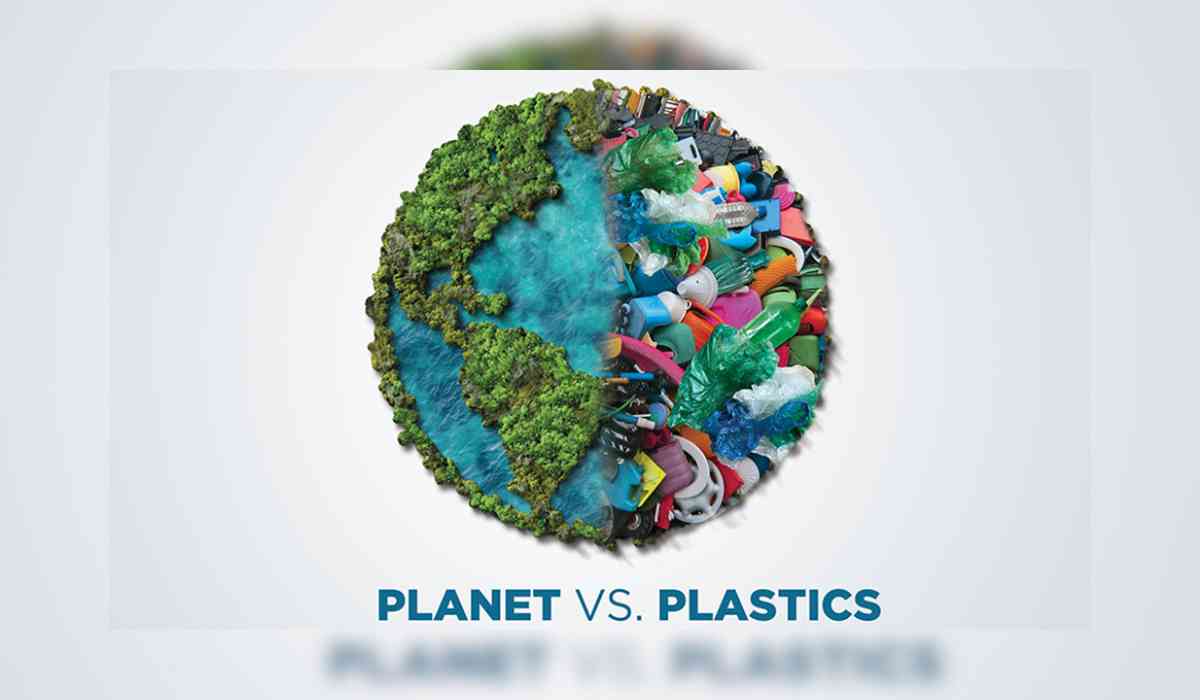In Ottawa, Canada, a pivotal gathering unfolds as representatives from 175 nations converge to address this pressing issue. Their mission: to draft the world's first global treaty aimed at stemming the tide of plastic pollution. This historic event, spanning from April 23 to April 29, marks the fourth round of negotiations since the UN Environmental Assembly's 2022 resolution to craft a binding agreement by 2024. Eyes are set on November's final round in South Korea, where experts anticipate a milestone akin to the groundbreaking 2015 Paris Agreement on climate change.
Experts hail this proposed treaty as potentially the most significant environmental pact since the 2015 Paris Agreement, which aimed to mitigate greenhouse gas (GHG).
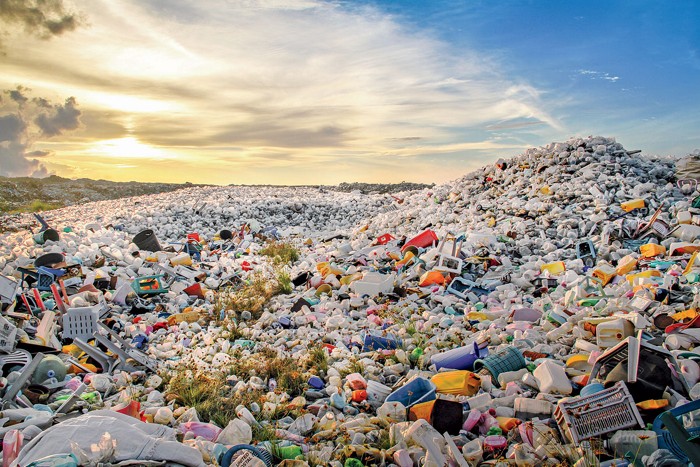
Why is a global plastics treaty needed?
Plastic, once hailed as a revolutionary material, has become a global crisis since its boom in the 1950s. Its production has skyrocketed from 2 million tonnes in 1950 to a staggering 450 million tonnes in 2019, with projections indicating a doubling by 2050 and a tripling by 2060 if left unchecked.
Despite its affordability and versatility, plastic's longevity poses a significant problem. Taking centuries to decompose, with less than 10% currently recycled, nearly 6 billion tonnes of plastic now litter the planet. This waste, estimated at 400 million tonnes annually, is expected to surge by 62% between 2024 and 2050. Much of this plastic leaks into rivers and oceans, breaking down into harmful microplastics carrying over 16,000 chemicals, endangering ecosystems and human health alike.
Moreover, plastic production and disposal contribute substantially to climate change, emitting 1.8 billion tonnes of greenhouse gases annually, equivalent to 3.4% of global emissions in 2019. These emissions are expected to rise by 20% by 2050 if current trends persist, predominantly fueled by the use of fossil fuels in plastic production.
Despite efforts, plastic pollution continues to worsen. Single-use plastics, like cutlery and packaging, are major contributors, with 9 to 14 million tonnes ending up in oceans annually. This pollution threatens wildlife, ecosystems, and human health, posing significant economic risks globally.
Without immediate action, global plastic pollution could triple by 2040. Voluntary measures have proven ineffective, and despite a 60% increase in efforts over the past five years, plastic pollution continues to rise by 50%.
Three alarming facts underscore the urgency of the situation:
-
Every minute, a truckload of plastic is dumped into the ocean.
-
Plastic waste is on track to nearly triple by 2060, with only a fraction being recycled.
-
Some regions have taken steps to combat plastic pollution, with Kenya implementing particularly strict laws.
It's evident that a concerted global effort is needed to address this pressing issue before irreparable damage is done to our planet and its inhabitants.
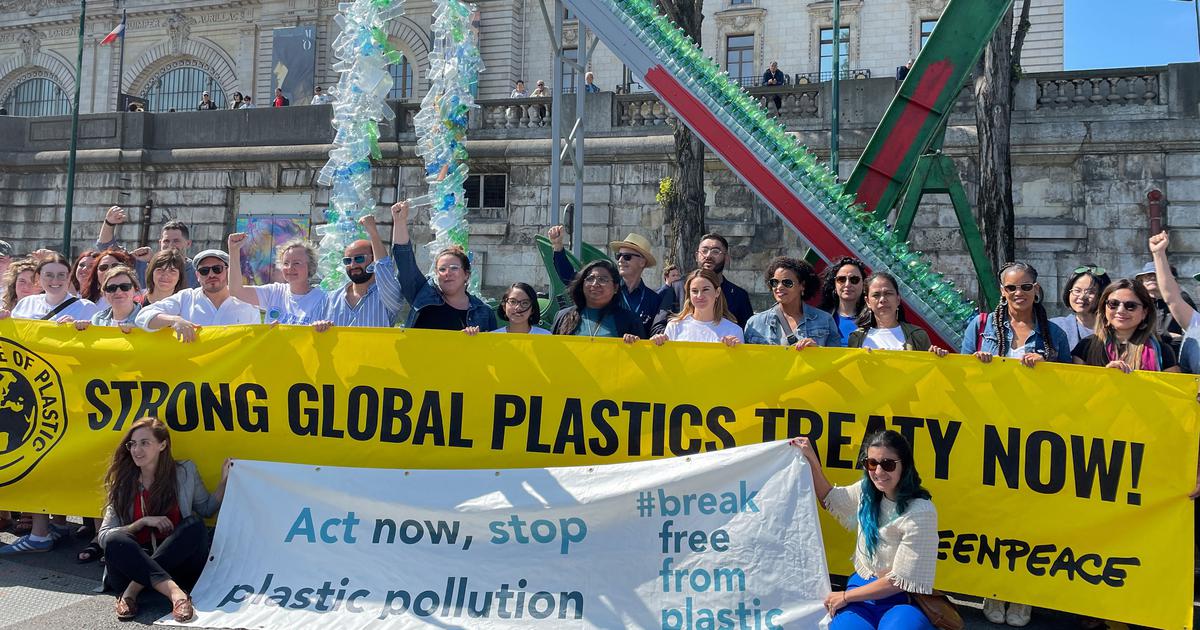
2024
-
April: The fourth negotiation meeting (INC-4) will be held in Ottawa, Canada. Key outcomes needed include consensus on control measures, a mandate for a new draft, and agreement on intercessional work.
-
November: The final negotiation meeting (INC-5) will take place in Busan, South Korea.
2023
-
June: INC-2 in Paris secures a mandate for developing a zero draft, with 134 governments calling for global plastics rules.
-
September: The 'zero draft' of the plastic pollution treaty is published.
-
November: INC-3 in Nairobi focuses on drafting additional text for a revised zero draft, despite procedural delays.
2022
-
January: Over 70 businesses and financial institutions urge governments for a binding plastic pollution treaty.
-
March: WWF’s petition with 2.2 million signatures is presented at UNEA in Nairobi, leading to the adoption of Resolution 5/14 to end plastic pollution.
-
August: Norway and Rwanda, with 18 other countries, launch the High Ambition Coalition to end plastic pollution by 2040.
-
November: INC-1 in Punta del Este sees support from over 145 countries for strong global rules against plastic pollution.
2021
-
June: The UN Ocean Day Declaration on Plastic Pollution is launched, with 74 countries advocating for treaty negotiations.
-
December: Over 700 civil society groups and 113 countries support a legally binding plastic treaty. Mediterranean countries declare support for a global treaty at COP22.
2020
-
July: Fifty-five countries, led by Norway, Maldives, and Antigua and Barbuda, form a UN group to work on a global plastic agreement.
-
October: A business manifesto calling for a new plastic treaty is launched by 29 global companies. EU member states commit to a global agreement against plastic litter.
2019
-
March: The UN Environment Assembly in Nairobi agrees to work towards a global ocean plastic agreement.
-
April: Nordic countries adopt a declaration advocating for a global ocean plastic agreement.
-
July: Fifteen Caribbean countries call for a global plastic agreement.
-
August: Pacific leaders commit to stopping ocean plastic.
-
November: African Ministers of Environment commit to a global plastic pollution agreement.
2017
-
December: The UN Environment Assembly establishes an expert group to explore global actions against marine litter and plastic pollution, recommending a global binding agreement.
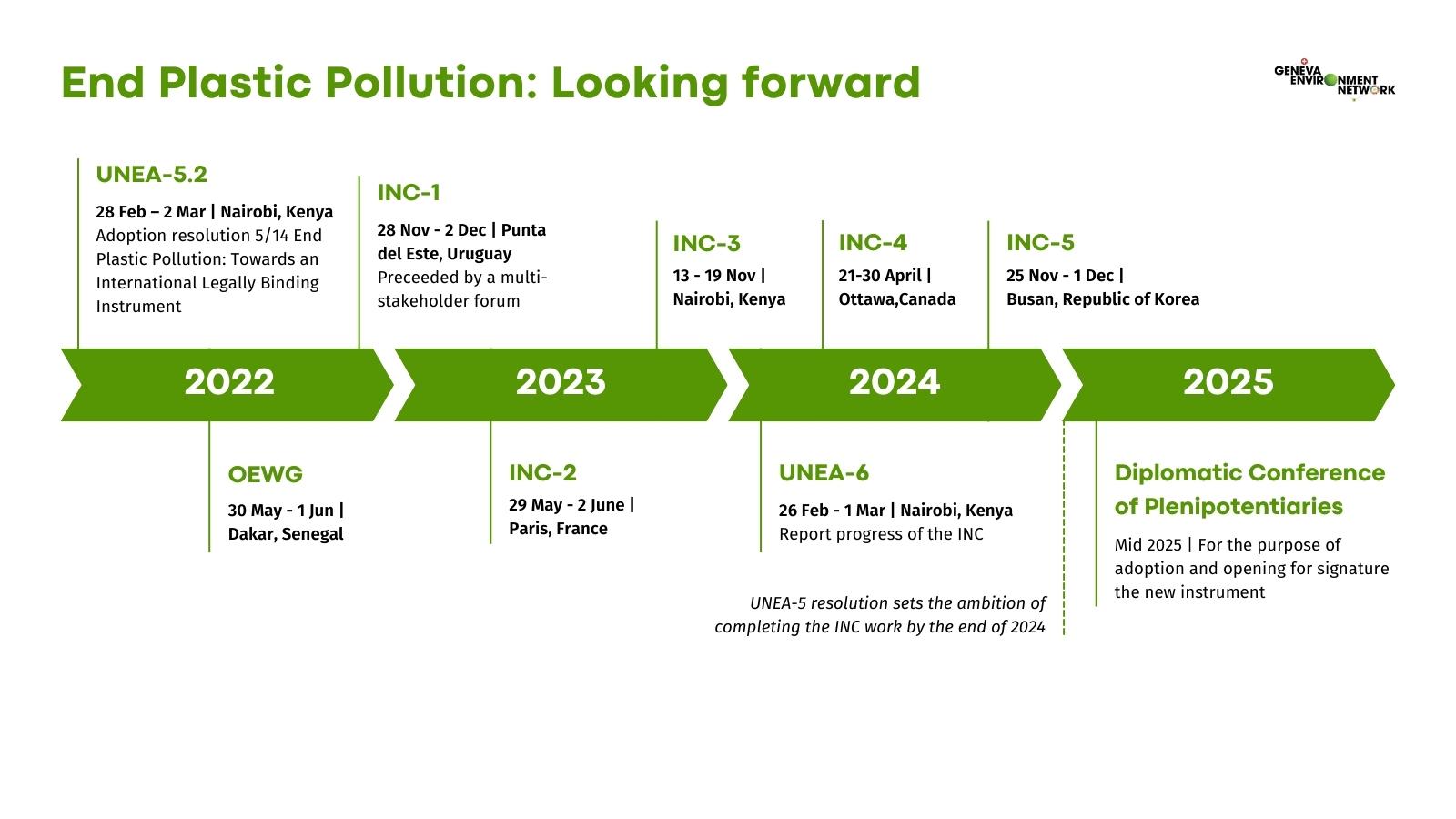
What can the treaty entail?
Although the treaty's specifics are still under discussion, experts anticipate that it could extend beyond merely limiting plastic production in UN member countries. The agreement might establish guidelines for how wealthier nations should support poorer ones in achieving their plastic reduction goals.
Additionally, it could prohibit “particular types of plastic, plastic products, and chemical additives used in plastics, and set legally binding targets for recycling and recycled content used in consumer goods,” according to a report by the Grist magazine. The treaty might also require testing for specific chemicals in plastics.
Furthermore, it could include provisions for a just transition for waste pickers and workers in developing nations who rely on the plastic industry for their livelihoods.
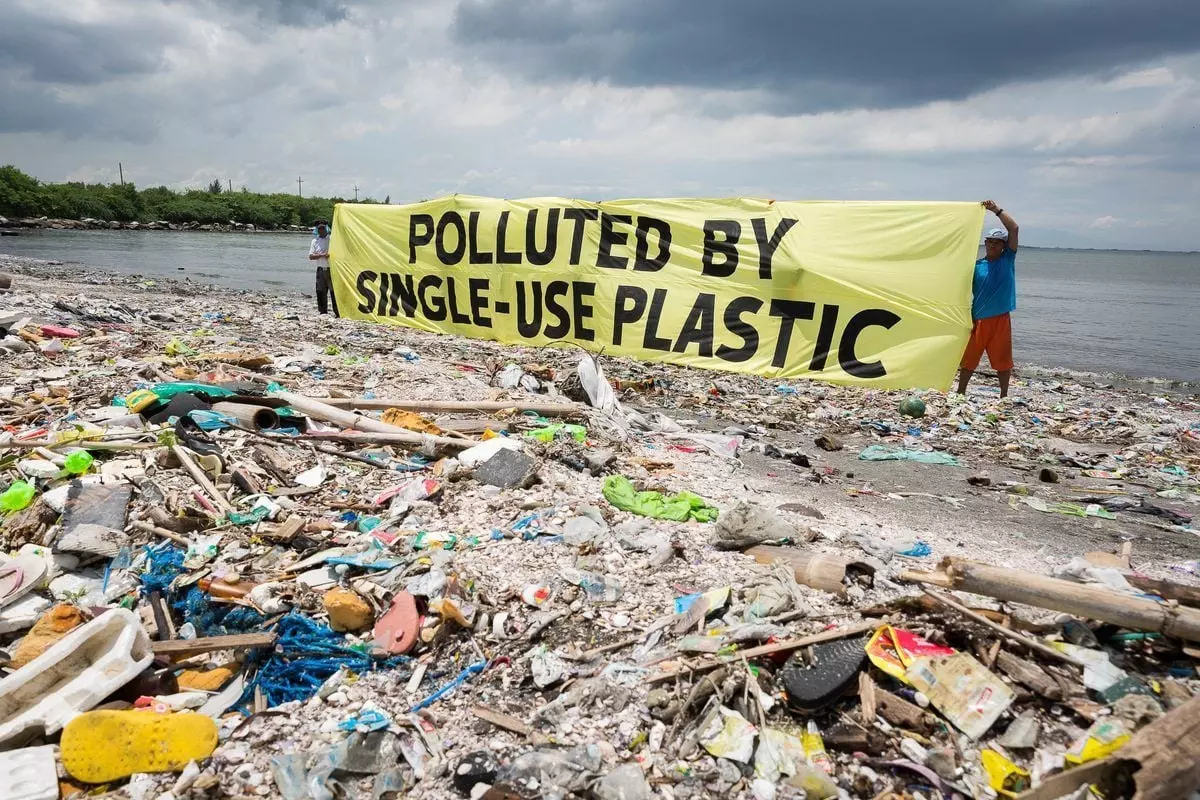
What are the roadblocks to the treaty?
-
Challenges to Ambitious Agreement:
-
Despite the aspiration for a comprehensive agreement, its realization faces significant hurdles.
-
Certain influential oil and gas-producing nations and industry groups within the fossil fuel and chemical sectors are advocating for a narrower focus within the treaty, primarily emphasizing plastic waste management and recycling.
-
-
Polarizing Negotiations:
-
Negotiations surrounding the treaty have encountered polarization, particularly evident since the initial discussions held in Uruguay in November 2022.
-
Oil-producing countries like Saudi Arabia, Russia, and Iran have voiced opposition to implementing caps on plastic production, employing various delay tactics to impede progress.
-
-
Contentious Decision-Making:
-
A crucial point of contention revolves around the decision-making process for the plastics treaty.
-
Disagreement persists regarding whether consensus agreement or majority voting should determine the treaty's fate, with consensus potentially granting veto power to individual nations.
-
-
High-Ambition Coalition vs. US Approach:
-
A coalition comprising approximately 65 nations, known as the "High-Ambition Coalition," advocates for robust measures to address plastic production and pollution.
-
Conversely, the United States, while sharing the goal of ending plastic pollution by 2040, emphasizes voluntary actions over mandatory regulations due to its reliance on fossil fuels.
-
-
Corporate Influence and Lobbying:
-
Fossil fuel and chemical corporations exert significant influence on the treaty negotiations, striving to dilute its provisions.
-
A surge in lobbying efforts by these industries, as highlighted by a report from the Centre for International Environmental Law (CIEL), underscores their resistance to measures that could curtail plastic production.
-
-
Obstacles to Progress:
-
Despite the global imperative to address plastic pollution, progress in the negotiations has been hindered by these aforementioned challenges.
-
The inability to overcome these roadblocks has led to limited advancements in the previous negotiation rounds.
-
-
Current Round of Talks:
-
Government representatives convene in Ottawa, Canada, for the latest round of discussions on the plastic pollution treaty.
-
This gathering underscores the urgency of addressing the pressing issue of plastic waste, which amounts to over 400 million metric tonnes annually.
-
-
Environmental Impact and Urgency:
-
The production and disposal of plastics contribute significantly to greenhouse gas emissions and environmental pollution.
-
Urgent action is required, as highlighted by the United Nations Environment Programme's 2023 report, which indicates that substantial policy changes utilizing existing technologies could mitigate plastic pollution by 80% by 2040.
-
-
UN Treaty and Global Concern:
-
Initiated in 2022, negotiations for a UN treaty aim to establish the world's first legally binding agreement on plastic pollution by 2024.
-
With plastic consumption on track to double by 2050 without intervention, concerted global efforts are imperative to mitigate the looming environmental crisis.
-
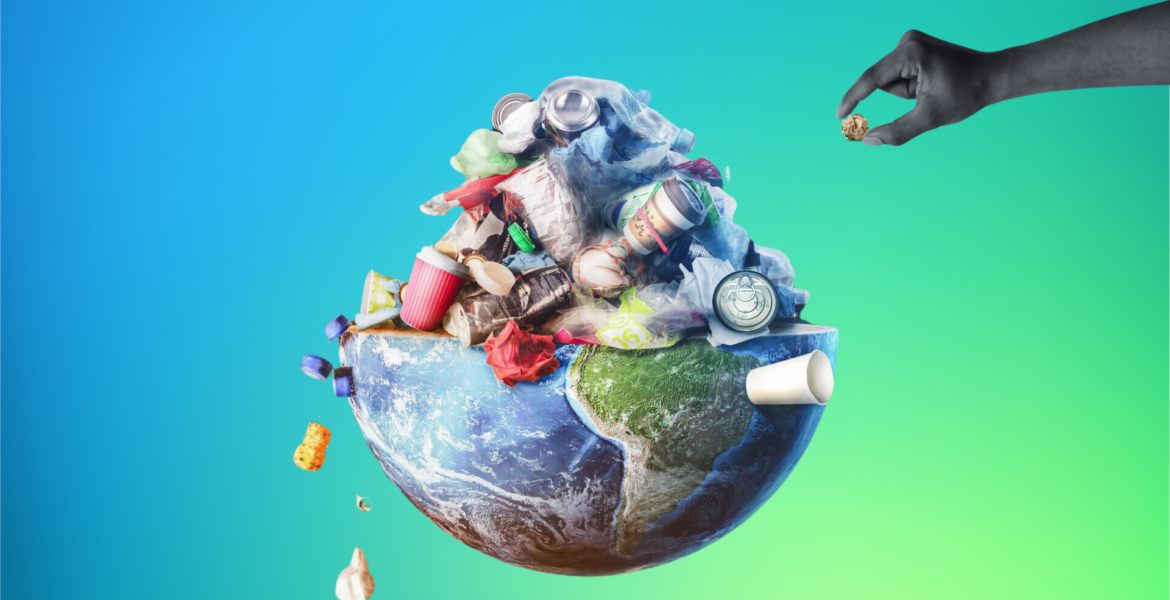
Why is plastic a problem?
Plastics pose a significant challenge due to their widespread pollution impact, both on land and in the oceans, leading to adverse effects on human health and the deterioration of vital marine ecosystems like coral reefs and mangroves.
A 2019 report from the charity Tearfund estimates that between 400,000 and 1 million people die annually in developing nations due to diseases linked to plastics and other poorly managed waste, such as diarrhea and cancer.
Additionally, the production of plastics contributes to climate change, as they are derived from fossil fuels like oil and gas. According to the Organisation for Economic Cooperation and Development (OECD), plastics emit 3.4% of global greenhouse gas emissions throughout their life cycle.
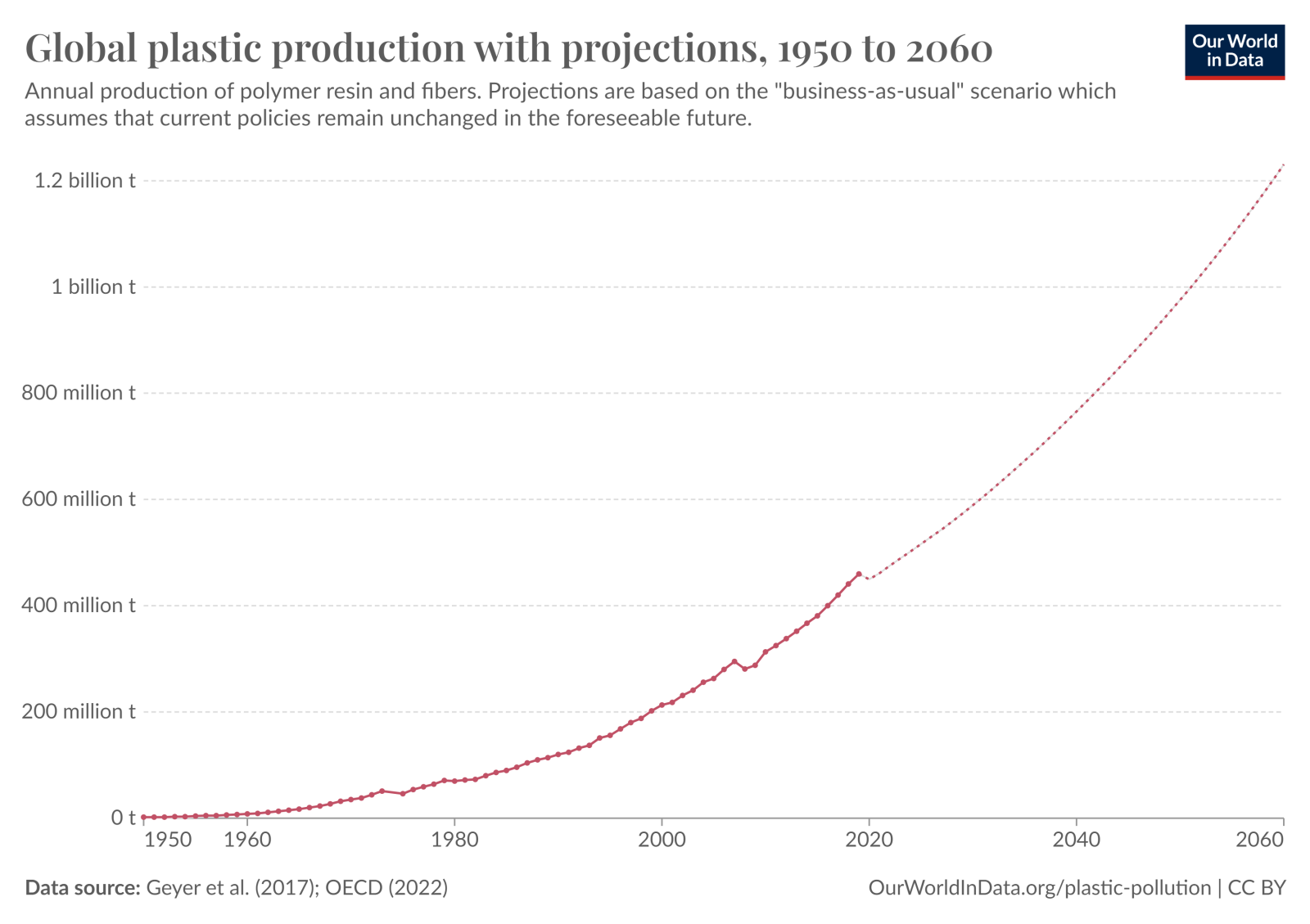
How much plastic waste is recycled?
Globally, only 9% of plastic waste undergoes recycling, as reported by the OECD. This figure is alarming, especially considering projections indicating a nearly threefold increase in global plastic waste, from 460 million tons in 2019 to an estimated 1,231 million tonnes by 2060.
The recycling challenge is particularly pronounced in emerging economies, where sophisticated recycling infrastructure is often lacking compared to wealthier nations.
One potential solution to this issue is the implementation of schemes like Extended Producer Responsibility, wherein plastic manufacturers bear responsibility for a product's entire life cycle, including funding recycling efforts to mitigate environmental impact.
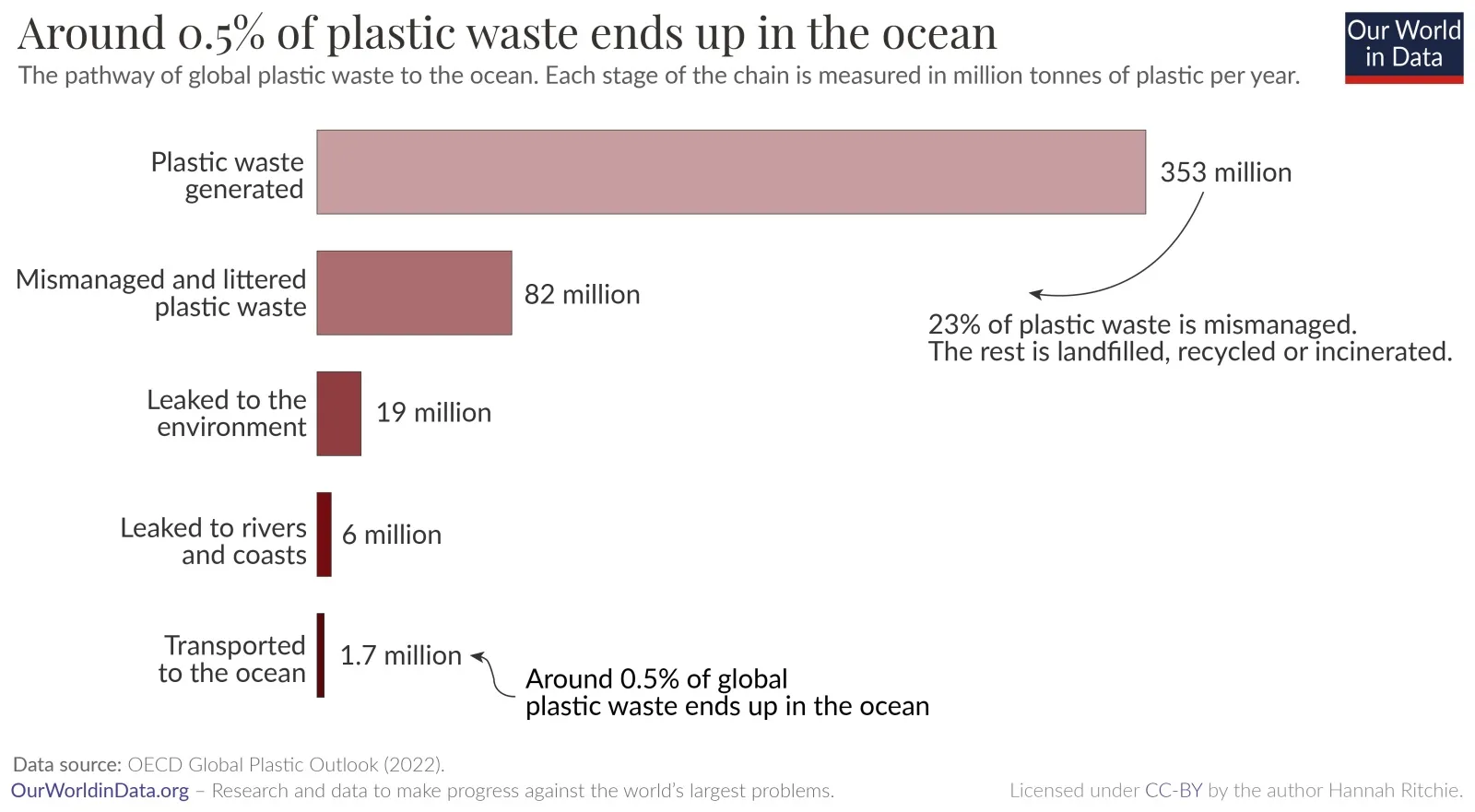
Where does India stand in the global plastic treaty talks?
-
India's Role in Global Plastic Treaty Talks:
-
India is a significant player in the negotiations for the global plastic treaty, representing the Global South and wielding considerable influence.
-
The Indian delegation at INC-4 is led by the Union Ministry of Environment, Forest, and Climate Change, with support from departments such as Commerce, Chemicals, and Petrochemicals, as well as the Ministry of External Affairs.
-
India has actively participated in the negotiations, submitting proposals before and after the streamlining process to articulate its demands and concerns.
-
-
Objectives and Principles Advocated by India:
-
India has proposed objectives for the treaty, emphasizing the protection of human health and the environment from plastic pollution while ensuring sustainable development.
-
Principles such as equity, sustainable development, and differentiated responsibilities are emphasized by India, although human rights principles are notably absent from its list of priorities.
-
-
Stance on Plastic Production and Chemical Regulation:
-
India opposes limitations on primary plastic polymers, arguing that such restrictions exceed the scope of relevant resolutions.
-
While acknowledging the need for regulation, India insists on a transparent and scientifically informed process for decisions regarding chemicals used in plastic manufacturing.
-
-
Midstream and Downstream Measures:
-
India advocates for nationally-driven measures to address problematic plastics, emphasizing improved product design and longevity.
-
The country opposes the imposition of international design standards and stresses the importance of national approaches to downstream measures like Extended Producer Responsibility (EPR).
-
-
Priorities in Plastic Waste Management:
-
India prioritizes interventions to eliminate plastic waste leakage into the environment, focusing on waste management throughout the plastic lifecycle.
-
Concerns regarding cross-cutting issues such as trade are raised, with India consistently advocating for their exclusion from treaty provisions.
-
-
Financial Assistance and Technology Transfer:
-
India emphasizes the need for comprehensive financial and technical assistance, alongside technology transfer, across various areas related to plastic management.
-
Integration of financial and technical assistance into the treaty's substantive provisions is urged by India, highlighting the importance of support for non-plastic substitutes and downstream measures aligned with its goals.
-
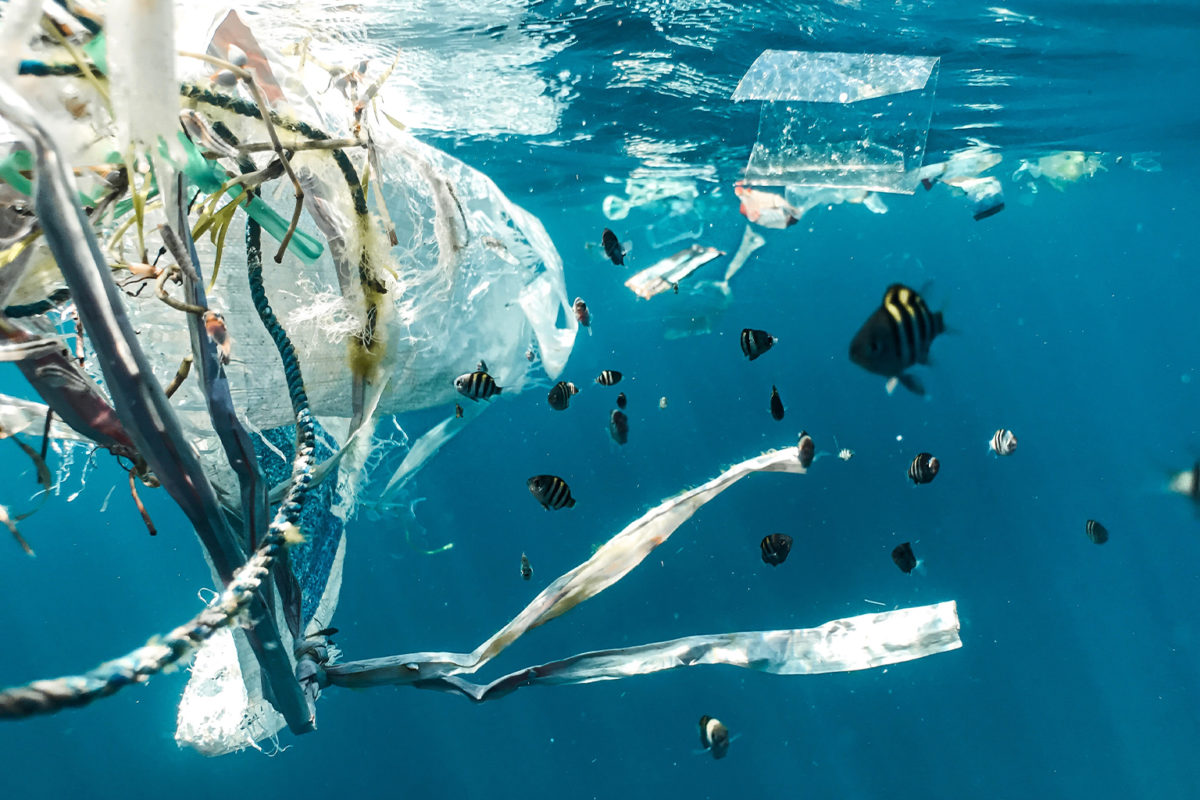
The Solution
Addressing the issue requires novel, enforceable, and fair international accords delineating clear actions and schedules for transforming our production and consumption patterns concerning hazardous plastics. This entails:
-
Eliminating superfluous plastic goods with significant pollution potential, such as disposable items and excessive wrapping.
-
Implementing strict and precise design standards for plastic items to curb plastic usage.
-
Pairing stringent binding regulations with ambitious frameworks for facilitating efficient execution and ensuring an equitable shift, incorporating substantial technical and financial support.
Imagine a world where every nation stands shoulder to shoulder, bound by a pioneering United Nations treaty, committed to slashing plastic consumption and paving the way to a plastic-free future. This treaty, a beacon of unity, levels the playing field, inspiring and bolstering national efforts worldwide.
Look to the Montreal Protocol for proof of the transformative might of global agreements. By rallying behind a common cause, it virtually eradicated ozone-depleting substances, offering the ozone layer a chance to heal.
But time is of the essence. As we negotiate this pivotal plastics treaty, plastic pollution in our oceans is set to surge by 15%. Yet, the solution lies within reach. This treaty represents a generational opportunity to stem the tide of plastic pollution.
Let this be a clarion call to action. Let us summon the courage to challenge the fossil fuel giants and champion the welfare of our planet and its inhabitants. The global Plastics Treaty must shine as a symbol of hope, signalling the end of our plastic dependency and the dawn of a cleaner, greener era. Our duty to safeguard the Earth for generations to come is non-negotiable. The power to effect lasting change lies within our collective grasp.
With inputs from agencies
Image Source: Multiple agencies
© Copyright 2024. All Rights Reserved Powered by Vygr Media

